Fine-Grained Latency Measurements with Lossy Difference Aggregator
Problem Definition
Problem Description:
One of the key challenges in datacenter applications that require automated training and high-performance computing is the need for fine-grained latency measurements. Conventional technologies such as SNMO, Net Flow, and active probing fall short in efficiently meeting the demands for measuring latencies down to tens of microseconds, especially in the presence of packet loss. This leads to intolerable microsecond variations in latency, which can significantly impact the performance of critical applications. Addressing this issue is crucial for ensuring optimal performance and reliability in datacenter operations. The proposed Router Support for Fine-Grained Latency Measurements project aims to provide a solution to this problem by introducing a new technique called Lossy Difference Aggregator (LDA) that can accurately measure latencies down to tens of microseconds even in the presence of packet loss.
By implementing LDA incrementally without making changes to the forwarding path and without modifying or encapsulating packets, it offers a more efficient and effective alternative to existing methods. This project addresses the pressing need for better latency measurement techniques in datacenter environments to support critical applications that require precise and consistent performance.
Proposed Work
The proposed work titled "Router Support for Fine-Grained Latency Measurements" addresses the need for accurate end-to-end latency measurements in datacenter applications such as automated training and high-performance computing. Traditional technologies like SNMP, Net Flow, and active probing fall short in meeting the demands for fine-grained measurements where even microsecond variations are critical. In this work, a new technique known as Lossy Difference Aggregator (LDA) is introduced, which allows for latency measurements down to tens of microseconds even in the presence of packet loss. Unlike Poisson-spaced active probing with similar overheads, LDA does not require any modifications to the forwarding path as it does not modify or encapsulate packets. The LDA technique is shown to deliver orders of smaller relative order, making it a more efficient solution for fine-grained latency measurements.
This project falls under the categories of JAVA Based Projects and Networking, specifically within the subcategory of JAVA Based Projects. The software used for this work includes Java programming language for implementation of the LDA technique.
Application Area for Industry
The project "Router Support for Fine-Grained Latency Measurements" can be applied across various industrial sectors that heavily rely on datacenter applications for automated training and high-performance computing. Industries such as finance, healthcare, e-commerce, and telecommunications that require precise and consistent performance in their critical applications can benefit greatly from the proposed solutions. By accurately measuring latencies down to tens of microseconds even in the presence of packet loss, this project addresses the challenge of intolerable microsecond variations in latency that can negatively impact the performance of these industries' operations. Implementing the Lossy Difference Aggregator (LDA) technique incrementally without changes to the forwarding path offers a more efficient and effective alternative to existing methods, ensuring optimal performance and reliability in datacenter environments. The benefits of implementing this project's solutions include improved accuracy in latency measurements, enhanced performance of critical applications, and overall increased efficiency in datacenter operations across various industrial domains.
Application Area for Academics
The proposed project on "Router Support for Fine-Grained Latency Measurements" holds significant relevance for research by MTech and PHD students in the field of Networking and JAVA Based Projects. The project addresses a crucial challenge in datacenter applications related to automated training and high-performance computing by introducing a new technique called Lossy Difference Aggregator (LDA) for accurate latency measurements down to tens of microseconds, even in the presence of packet loss. This innovative approach offers a more efficient and effective alternative to existing methods like SNMP and Net Flow, which fall short in meeting the demands for fine-grained latency measurements. MTech and PHD students can utilize this project for pursuing research in innovative data analysis methods, simulation studies, and developing cutting-edge solutions for improving latency measurement techniques in datacenter environments. The code and literature of this project can be used as a foundation for thesis, dissertations, and research papers focusing on enhancing the performance and reliability of critical applications in datacenter operations.
Future research scope in this area could involve exploring the scalability and applicability of the LDA technique in large-scale network setups and evaluating its performance under varying network conditions. Overall, this project provides a valuable platform for MTech and PHD researchers to contribute to advancements in the field of Networking and JAVA Based Projects through empirical studies and theoretical analysis.
Keywords
Latency measurements, datacenter applications, automated training, high-performance computing, fine-grained latency, SNMO, Net Flow, active probing, packet loss, microsecond variations, optimal performance, reliability, Router Support for Fine-Grained Latency Measurements, Lossy Difference Aggregator (LDA), forwarding path, latency measurement techniques, critical applications, end-to-end latency measurements, SNMP, Poisson-spaced active probing, JAVA Based Projects, Networking, JAVA programming language, implementation, MATLAB, Mathworks, JAVA, Netbeans, Eclipse, J2SE, J2EE, ORACLE, JDBC, Swings, JSP, Servlets
| Shipping Cost |
|
No reviews found!













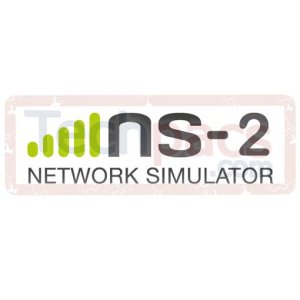
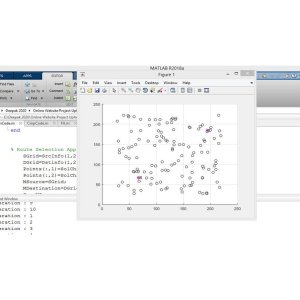
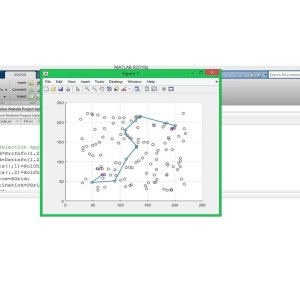
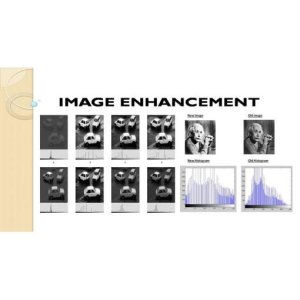
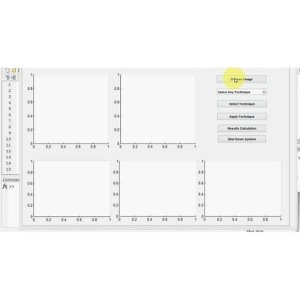
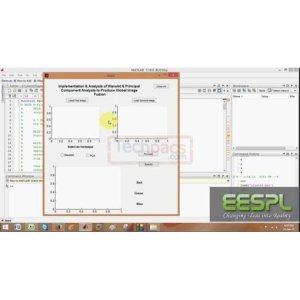
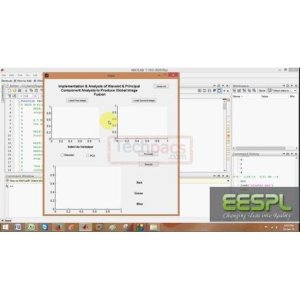
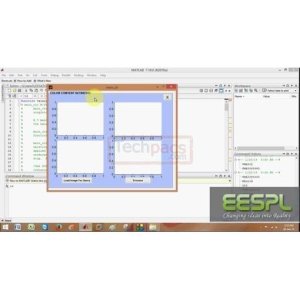
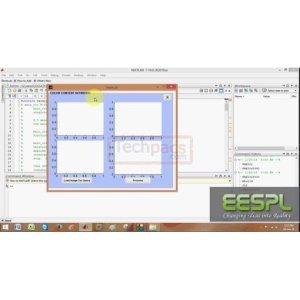































No comments found for this product. Be the first to comment!